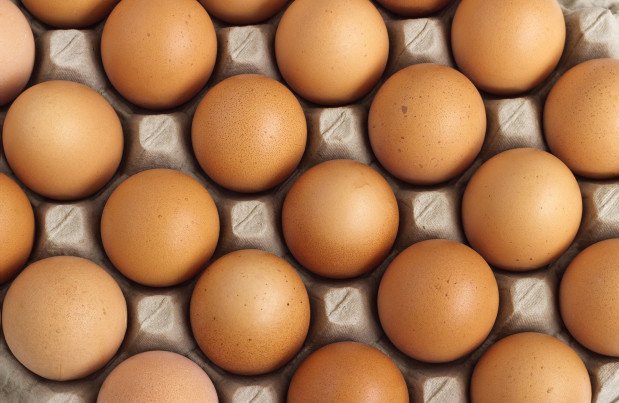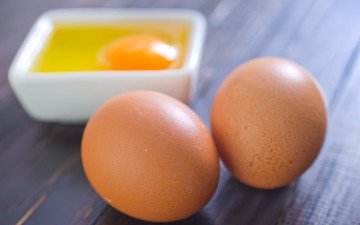
Carbs in Eggs
Frequently Asked Questions
What Are Some Benefits of Including Carbs in Your Diet?
Carbs are the primary source of fuel for our bodies. Carbs get us going and keep us going, with fibrous carbs helping us ward off feelings of hunger throughout the day. Carbs can also help reduce the risk of digestive and heart diseases.
Can You Have Eggs While Following a Keto Diet?
Yes! Eggs are low in carbs and rich in protein, making them a great option to support you on your keto journey.
What Other Nutrients Can You Find in Eggs?
Eggs are jam-packed with powerful nutrients, not limited to but including:
- Choline
- Vitamin D
- Vitamins B12, B5, A, and E
- Iron
- and many more.
Does the Way You Cook Eggs Change the Carbohydrate Content?
Recent studies have shown that when eggs are boiled, the relative amount of carb content increases. This increase in content has no real effect on our diets, meaning that you can make your eggs any way you like them.
Are Carbs in the Yolk, White, or Both?
The very small amount of carbs in eggs are mostly found in the yolk. A small—almost negligible—amount of carbs can be found in the egg white.
 >
> 





